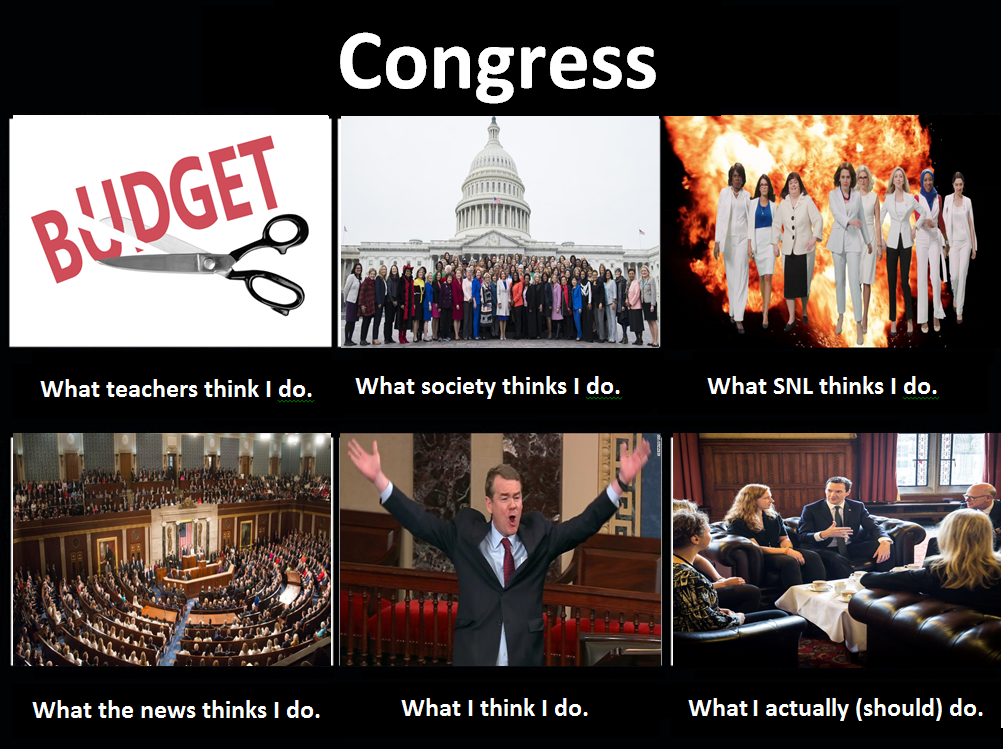Authored by Jessica Klein, VATESOL Advocacy and Legislative Liaison

Advocacy can be big or small and the big parts can feel really intimidating, just like this building. We spend most of our K-12 education learning about and revering American symbols and landmarks like Capitol Hill. In Civics, we learn how to participate in our communities and local government, and in Government we learn the intricacies of our U. S. legislative system. Despite all our understanding of Congress, it can feel intangible. It’s like we’re watching ants at work in an ant farm, only our glass window is C-Span. Through participating in TESOL’s annual Advocacy and Policy Summit, I have realized that Congress is not meant for display; it is an elaborately constructed office complex made up of people who have a responsibility to listen when we have something to say.
Each year, the TESOL International Advocacy and Policy Summit begins with a few days of advocacy training including updates on Federal budgets and policy briefings on pending legislation that affect English language professionals and learners. In recent years, the Summit culminated in a day of a hundred or more English language teachers descending upon the Capitol to meet with their Representatives and Senators. In light of the COVID-19 pandemic, the 2020 Day of Action included attendees and their colleagues writing letters to their Members of Congress using TESOL’s Advocacy Action Center. Some attendees scheduled Zoom meetings or phone calls in addition to the letter writing campaign. I was able to snag a 15 minute phone call with a staffer from my Representative’s office and it turned out to be a success.
In 15 minutes or less (no this is NOT a GEICO commercial-I swear), the staffer and I were able to get introduced, go over a few of TESOL’s policy recommendations, and review our action items for after the meeting. In addition to asking Congress to reject the White House’s proposal to combine 29 funding streams within ESSA, I asked for my Rep. to support two bills in the House, the SPELL Act and the Reaching English Learners Act. The SPELL Act moves to amend the Higher Education Act to include English language teachers to the list of teaching positions that qualify for higher student loan debt forgiveness, joining math, science, and Special Education teachers. The Reaching English Learners Act proposes creating grants for teacher preparation programs at higher education institutions to prepare the next generation of teachers to meet the needs of English language learners. I followed up the next day to thank the staffer for his time and he had great news. Within 24 hours, the Representative gave his formal support by becoming a co-sponsor for both bills. I was obviously thrilled to hear how one small phone call led to a noticeable change so quickly.
The staffer ended our call with a request that I’d like to share. His message was that advocates do a really great job keeping them informed about trends in data like changing demographics and test scores, but what they really need from advocates is to act as their ears on the ground. He asked for students’ stories and our anecdotes about how current policies affect their daily lives. He specifically wanted to know more about immigrant students and students living in poverty - two groups whose voices are often underrepresented. As EL teachers and teacher trainers, we are in a unique position to advocate for some of the most vulnerable students in our nation, and really what teacher doesn’t love telling story after story about their students? If you have a story to tell, call up one of your Members of Congress; I’m sure they would love to hear it. If they don’t, maybe they aren’t meeting their responsibility to listen to what you have to say. So remember, Capitol Hill is just an office, and each elected official has to earn their spot there.
